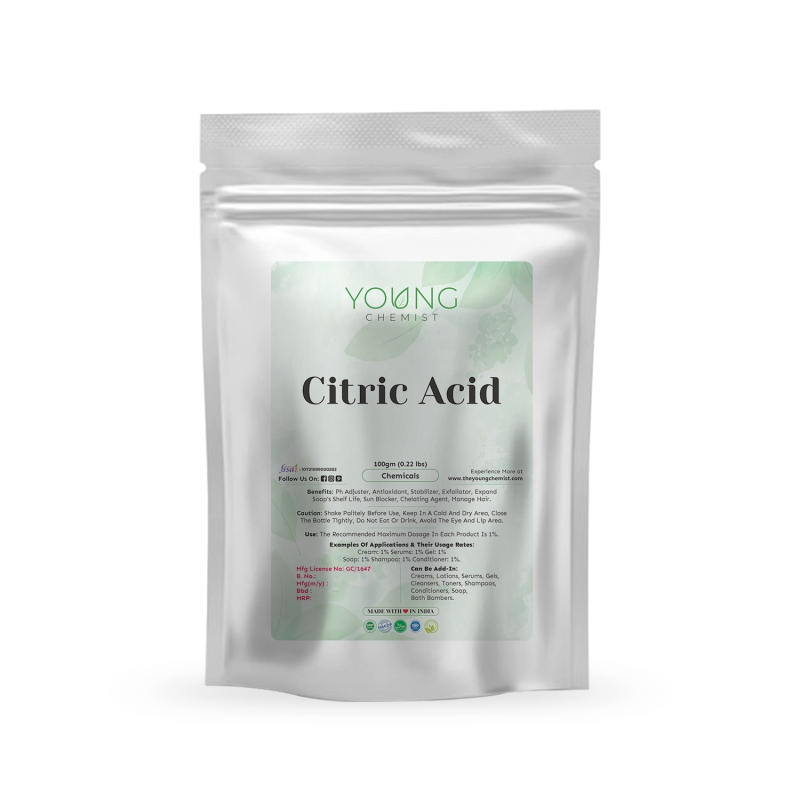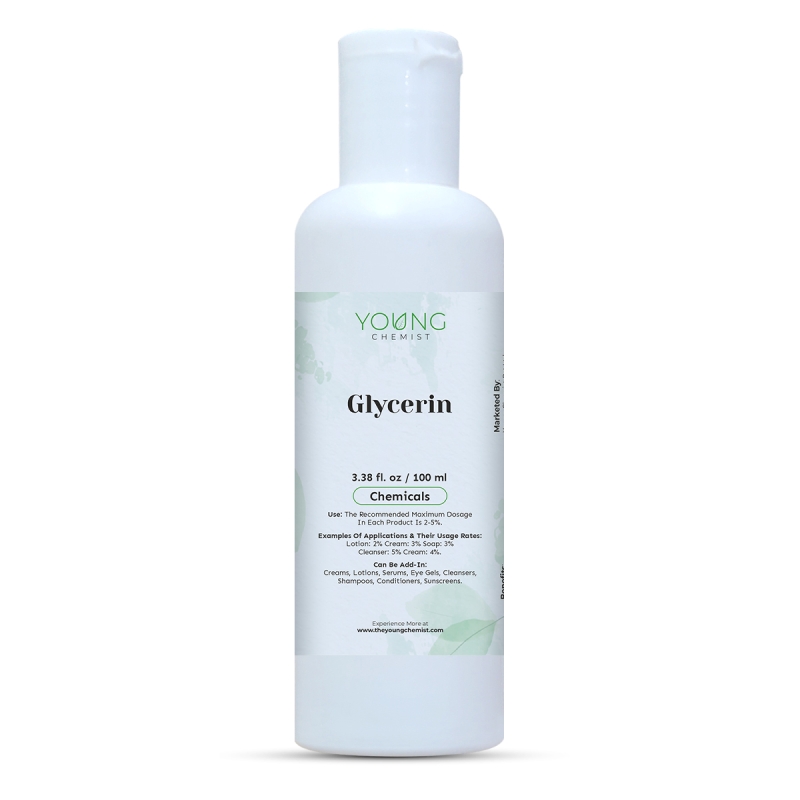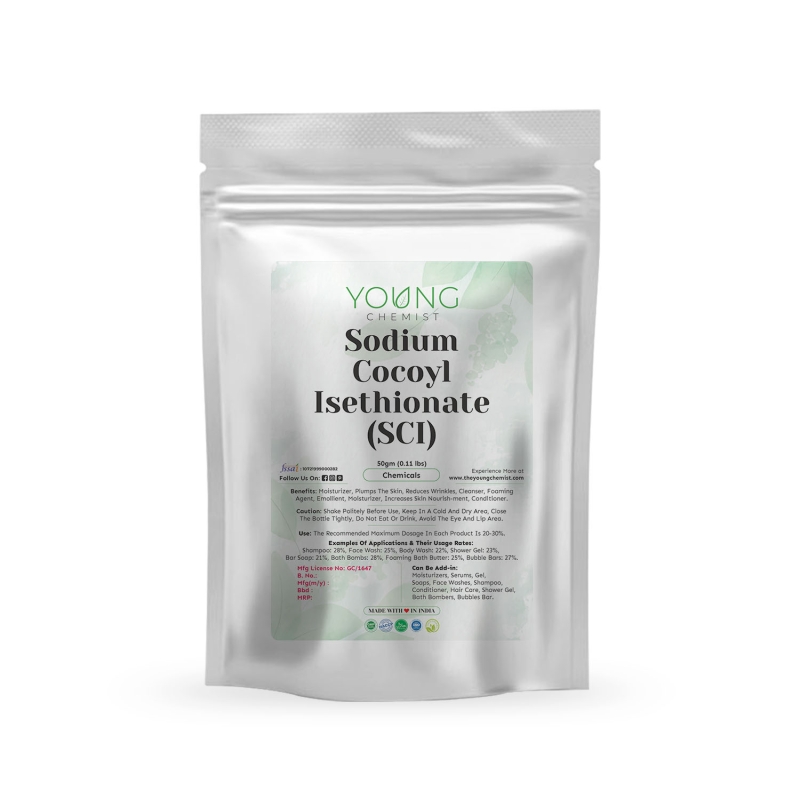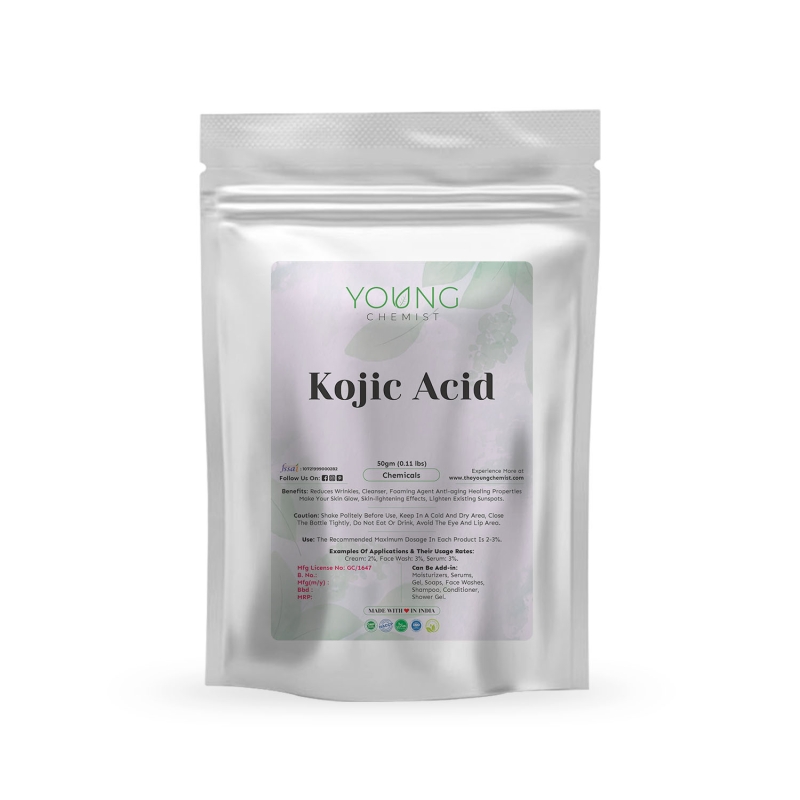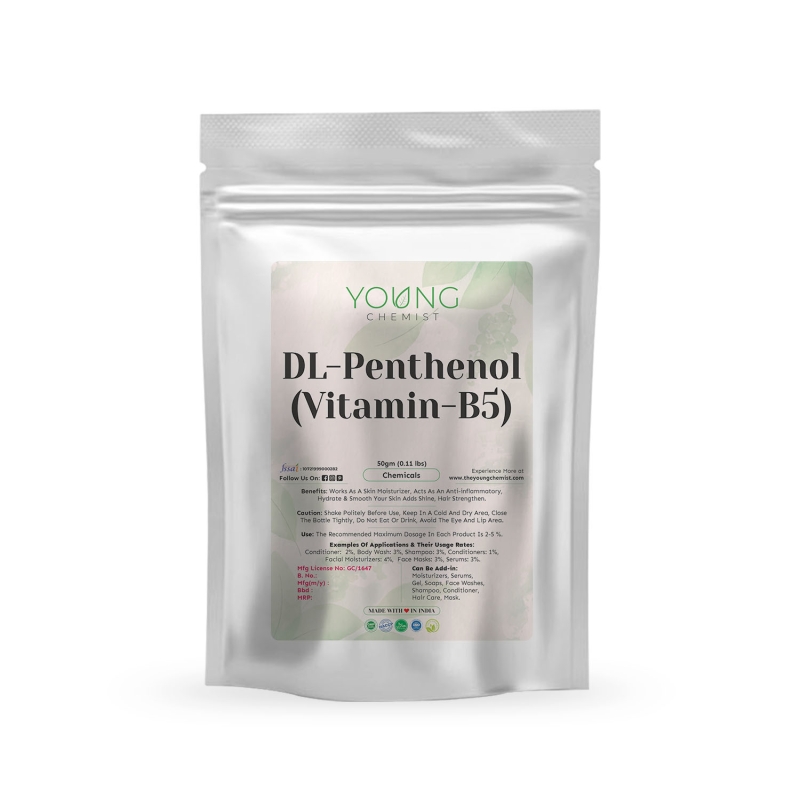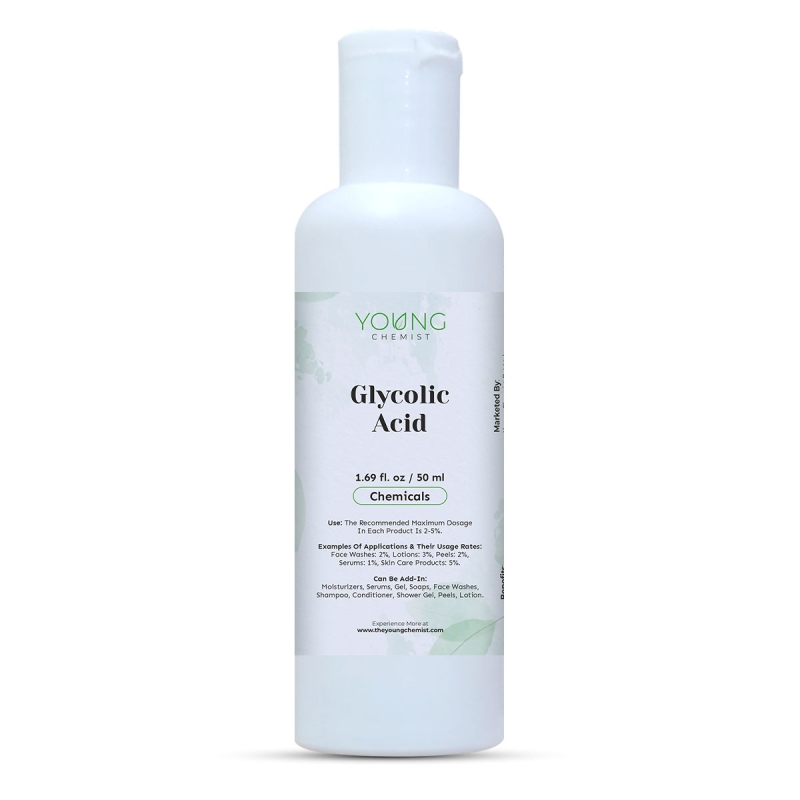-
No Item Added in Cart.

Coco diethanolamide (CDEA)
SKU: CC-EMS-CDEA
Size

40 customers are viewing this product



Coco diethanolamide (CDEA) is a cosmetic chemical commonly used in personal care products such as shampoos, conditioners, body washes, and liquid soaps. It is derived from coconut oil and has various functions in cosmetic formulations.
Coco diethanolamide is typically incorporated into cosmetic formulations during the manufacturing process. It is added to the desired product at the recommended concentration, which may vary depending on the specific application and formulation requirements. It is important to follow the guidelines and instructions provided by the manufacturer or supplier of the CDEA.
- Foaming Agent: CDEA helps to create a rich and luxurious foam in personal care products, enhancing the overall sensory experience during use.
- Surfactant: It acts as a surfactant, which means it helps to lower the surface tension of liquids, allowing them to spread more easily and evenly on the skin or hair.
- Thickening Agent: CDEA can also serve as a thickening agent, adding viscosity to cosmetic products and improving their texture.
- Emulsifying Agent: It aids in the formation and stabilization of emulsions, ensuring that oil and water-based ingredients blend together smoothly.
While Coco diethanolamide is generally considered safe for use in cosmetics, it is important to take certain precautions:
- Avoid Eye Contact: As with any cosmetic chemical, it is important to avoid direct contact with the eyes. In case of accidental contact, rinse thoroughly with water and seek medical attention if irritation persists.
- Patch Test: If you have sensitive skin or are using a product containing CDEA for the first time, it is advisable to perform a patch test before applying it to a larger area. Apply a small amount of the product to a discreet area of skin (such as the inner forearm) and observe for any adverse reactions like redness, itching, or irritation.
- Discontinue Use if Irritation Occurs: If you experience any discomfort or skin irritation after using a product containing CDEA, discontinue use immediately and consult a healthcare professional if necessary.
- Keep Out of Reach of Children: Store cosmetic products containing CDEA out of the reach of children to prevent accidental ingestion or misuse.
It's important to note that this information is intended as a general overview and should not replace specific instructions or advice provided by manufacturers, suppliers, or healthcare professionals. Always refer to the product labeling and consult with experts when using cosmetic chemicals like Coco diethanolamide (CDEA).
Product Questions
CDEA is primarily used as a foaming agent, thickener, and emulsifier in various personal care products like shampoos, body washes, and liquid soaps. It helps create a rich lather and stabilizes the product.
Yes, CDEA is considered safe for use in cosmetics and personal care products when used within recommended concentrations. Regulatory bodies like the FDA and EU Cosmetics Regulation monitor its usage to ensure consumer safety.
While CDEA is generally safe, some individuals with sensitive skin might experience mild irritation or allergic reactions. It’s always a good idea to do a patch test when trying a new product containing CDEA.
Yes, CDEA is derived from coconut oil, making it a plant-based ingredient. However, it undergoes chemical processing to create the final compound used in products.
CDEA acts as a thickener, giving products a more luxurious, creamy texture. This improves the feel of the product on your skin and makes it easier to apply.
Yes, Coco Diethanolamide is also known as Cocamide DEA. Both terms refer to the same ingredient, which is commonly used in personal care products.
Yes, CDEA can be used in sulfate-free formulations. It helps boost foam and thickness in products that don’t contain traditional sulfates.
CDEA is derived from a renewable resource (coconut oil), but the chemical processing involved raises some environmental concerns. Look for products from brands committed to sustainable practices if this is important to you.
CDEA itself is typically odorless, so it won’t interfere with the fragrance of the final product. This makes it a versatile ingredient in scented personal care items.
While CDEA is derived from natural coconut oil, the chemical process it undergoes means it might not be included in products labeled as “100% natural” or “organic.” However, it’s commonly found in many personal care items that aim to balance natural ingredients with effective performance.


